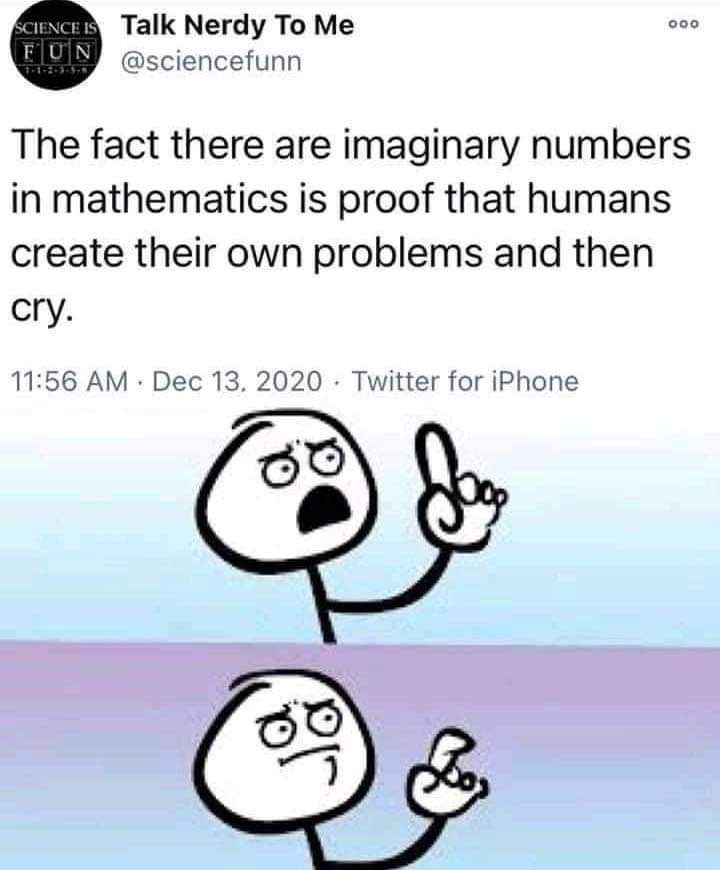this post was submitted on 16 Sep 2024
718 points (93.3% liked)
memes
10338 readers
2270 users here now
Community rules
1. Be civil
No trolling, bigotry or other insulting / annoying behaviour
2. No politics
This is non-politics community. For political memes please go to !politicalmemes@lemmy.world
3. No recent reposts
Check for reposts when posting a meme, you can only repost after 1 month
4. No bots
No bots without the express approval of the mods or the admins
5. No Spam/Ads
No advertisements or spam. This is an instance rule and the only way to live.
Sister communities
- !tenforward@lemmy.world : Star Trek memes, chat and shitposts
- !lemmyshitpost@lemmy.world : Lemmy Shitposts, anything and everything goes.
- !linuxmemes@lemmy.world : Linux themed memes
- !comicstrips@lemmy.world : for those who love comic stories.
founded 1 year ago
MODERATORS
you are viewing a single comment's thread
view the rest of the comments
view the rest of the comments

Yup. When you have a circuit that is not purely resistive the inductive or capacitive load causes the voltage and current to not be in phase. It looks like ohms law is being violated. However the missing part of the energy is in the imaginary component to be returned latter.
But that is hardly a 'natural occurence' of complex numbers - it just turned out that they were useful to represent the special case of harmonic solutions because of their relationship with trig functions.
No. It's more what the previous poster said about encoding rotation. It's just not a xyz axes. It's current, charge, flux as axes. The trig is how you collapse the 3d system into a 2d or 1d projection. You lose some information but it's more useful from a spefic reference.
Without complex numbers you can't properly represent the information.
The natural representation would be the transient solution u(t) or i(t). Harmonic solutions are merely a special case, for which it turned out complex numbers were useful (because of the way they can represent rotation). They certainly serve a purpose there, but imo this is not an instance of 'complex numbers appearing in nature'.